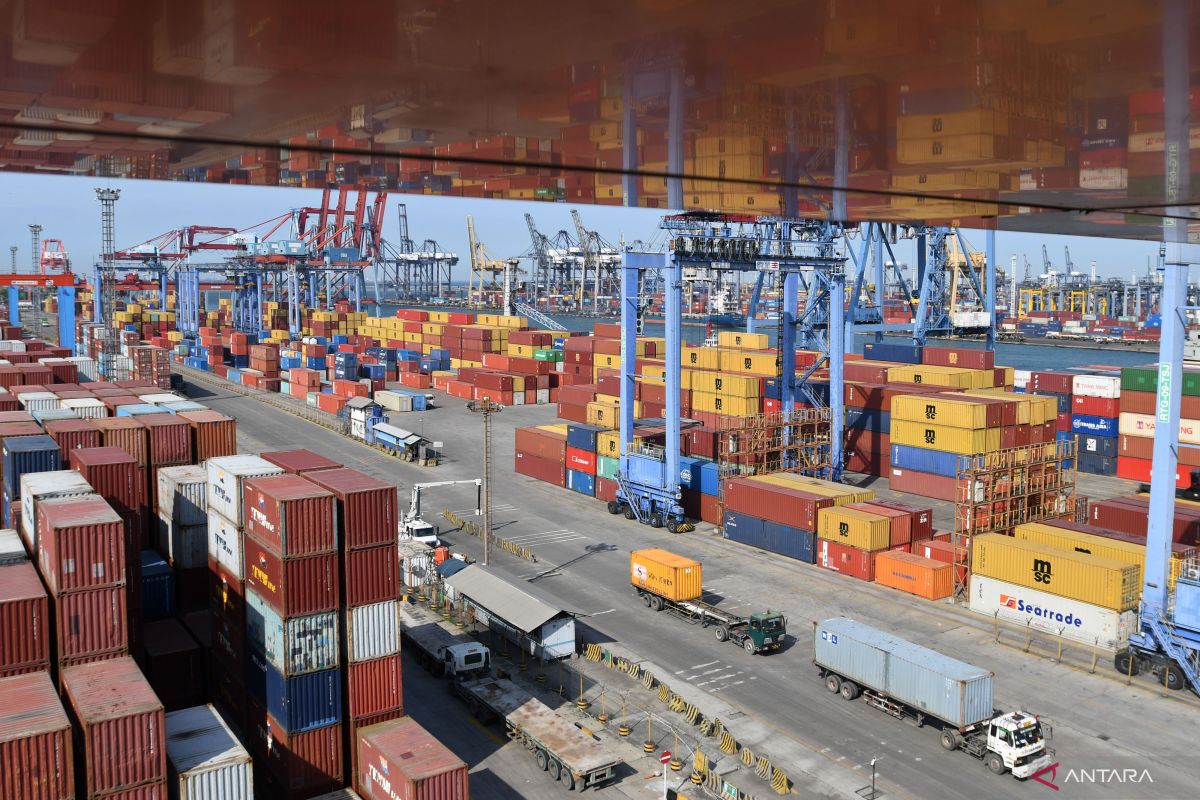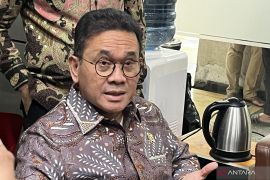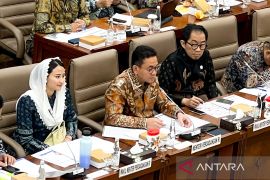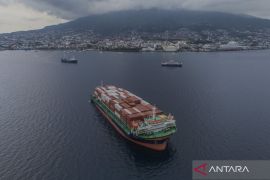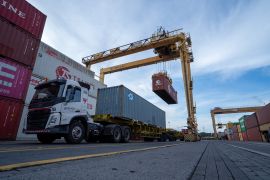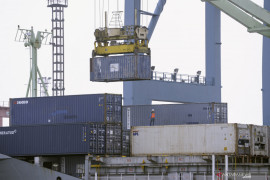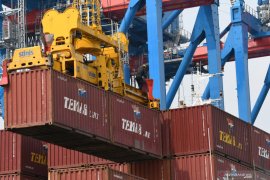"Next year, we try to predict that there is still a possibility that we will still have a trade balance surplus. This growth figure will depend on the situation to be faced, including in export destination countries," Kasan stated here on Tuesday.
The Ministry of Trade is targeting non-oil and gas export growth to lie in the range of 3.9 percent to 4.7 percent next year. Meanwhile, oil and gas exports are projected to grow 6.8 percent to 8.0 percent.
The ministry launched a strategy and policy in the form of priority programs for next year. The two priority programs are strengthening the domestic market and increasing non-oil and gas exports.
In strengthening the domestic market, the Ministry of Trade will strengthen public markets, maintain the stabilization of prices of basic commodities, improve distribution, foster business actors, bolster consumer protection by supervising trading activities and consumer education, as well as monitor the commodity futures market and Warehouse Receipt System.
Meanwhile, to increase non-oil and gas exports, the Ministry of Trade is striving to strengthen international trade negotiations, facilitate foreign trade, conduct trade promotion, and offer training and export assistance for Small and Medium Enterprises.
Under the strategy to increase exports, Kasan said that the policy direction was aimed at developing exports of value-added goods and services to increase economic productivity.
The Ministry of Trade has also consistently penetrated into non-traditional export markets in African, Middle Eastern, and South Asian countries.
"Focusing on non-traditional countries needs to be a strategy for next year," he stated.
Until now, 27 international trade agreements were signed or ratified up to implementation, 17 agreements were negotiated, and 18 cooperation agreements are being explored.
Kasan said for the import management strategy, the Ministry of Trade's policy direction is aimed at controlling imports selectively by prioritizing the imports of raw materials for export and investment purposes.
To strengthen the domestic market, Kasan said, Indonesia had imposed 18 trade remedy measures, comprising 10 cases of anti-dumping measures and eight cases of safeguard measures.
Related news: Indonesia records trade surplus for 31st month in row
Related news: Indonesia's trade balance posts US$5.16 bln surplus in Nov
Related news: Indonesia records trade surplus of US$5.67 bln in Oct
Translator: Sella PG, Fardah
Editor: Sri Haryati
Copyright © ANTARA 2022
